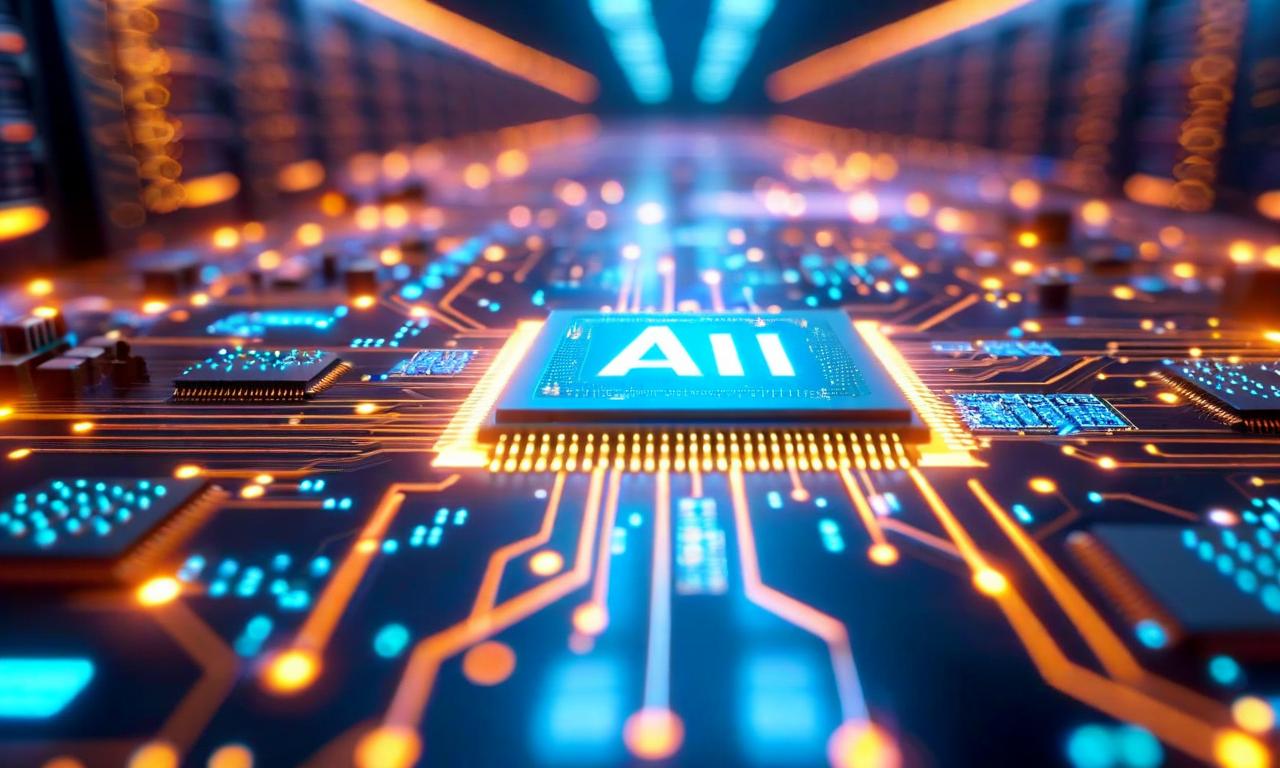Google's Quantum Leap: 'Quantum Echoes' Algorithm Outpaces Supercomputers
Google has developed a 'Quantum Echoes' algorithm, demonstrating significant progress in quantum computing. The Willow quantum-computing chip running this algorithm performs 13,000 times faster than the world's best supercomputer. The breakthrough, published in Nature, shows potential for revolutionizing fields like drug discovery and battery design. While practical applications may be possible within five years, experts caution that substantial work remains before commercial use. The development involves renowned expert Michel H. Devoret and plans for further scaling and accuracy improvements.

*this image is generated using AI for illustrative purposes only.
Alphabet Inc.'s Google has achieved a significant breakthrough in quantum computing with its newly developed 'Quantum Echoes' algorithm. This advancement, published in the prestigious Nature journal, demonstrates the potential of quantum technology to revolutionize various fields, including medicine and materials science.
Quantum Supremacy Demonstrated
Google's Willow quantum-computing chip, running the 'Quantum Echoes' algorithm, has showcased remarkable performance:
| Aspect | Details |
|---|---|
| Speed Improvement | 13,000 times faster than the world's best supercomputer |
| Algorithm Characteristics | Verifiable and repeatable on other quantum computers |
| Potential Applications | Drug discovery and battery design |
Implications and Future Prospects
The breakthrough allows for the examination of molecular structures, which could significantly accelerate drug discovery processes and enhance battery design capabilities. However, it's important to note that realizing these applications would require quantum computers approximately 10,000 times larger than current machines.
Google suggests that useful applications of this technology might be possible within five years. However, this timeline should be considered as a projection rather than a definitive statement.
Expert Involvement and Ongoing Development
The Google team behind this achievement includes Michel H. Devoret, a renowned expert in the field. The team has outlined plans to continue scaling up the technology and improving machine accuracy.
Industry Perspective
While the progress is indeed noteworthy, experts in the field, such as computer scientist Scott Aaronson, caution that substantial work remains before quantum computing can be applied commercially. This tempered optimism reflects the complex nature of quantum technology and the challenges that lie ahead in bringing it to practical, widespread use.
Conclusion
Google's 'Quantum Echoes' algorithm represents a significant step forward in the field of quantum computing. While the full realization of quantum computing's potential may still be years away, this breakthrough brings us closer to a future where quantum computers could solve complex problems far beyond the capabilities of classical supercomputers.


























